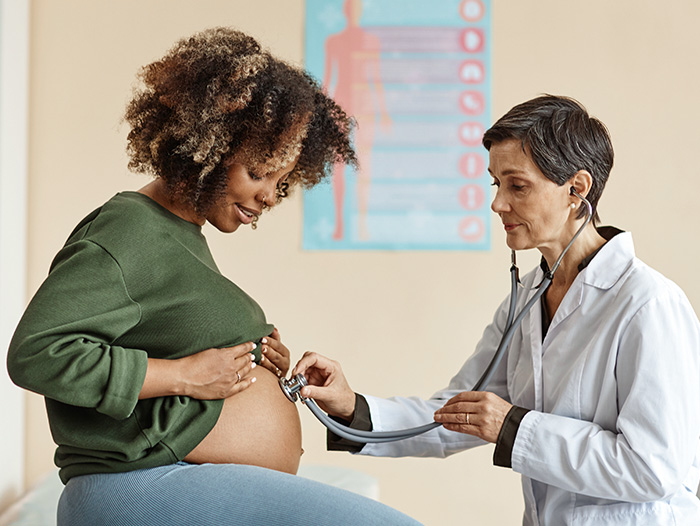Auto logout in seconds.
Continue LogoutMore than 40% of Americans know someone who died of a drug overdose, and around a third of these individuals said their lives were disrupted by the death, according to a new study from RAND published in the American Journal of Public Health.
Study details
For the study, RAND researchers surveyed 2,072 adults who participated in the RAND American Life Panel. Researchers asked them about whether they knew someone who died of a drug overdose and to characterize how that death affected their lives.
The study found that 42.4% of respondents said they personally knew at least one person who died by an overdose, a finding that suggests around 125 million Americans have experienced such a loss, the researchers wrote.
Specifically, 19% of respondents said they knew one person who died of an overdose, while 18.9% said they knew two to five people who died of an overdose and 4.5% said they knew six or more.
The study also found that women, married people, natives to the United States, and urban dwellers were more likely to know a person who had died of an overdose.
In addition, people who lived in New England (Connecticut, Maine, Massachusetts, New Hampshire, Rhode Island, and Vermont) and in the East South Central region of the United States (Alabama, Kentucky, Mississippi, and Tennessee) were more likely to know someone who died of an overdose than people in other parts of the country.
Overall, 13% of respondents said their lives were disrupted by an overdose loss, and more than 4% said the loss conferred a significant or devastating effect they still feel.
Discussion
Alison Athey, lead author on the study and a behavioral scientist at RAND, said the experiences and needs of overdose loss survivors "largely have been overlooked in the clinical and public health response to the nation's overdose crisis. Our findings emphasize the need for research into the prevalence and impact of overdose loss, particularly among groups and communities that experience disproportionate rates of loss."
The researchers also noted there is a comparison between those left behind by suicide and those who have known someone who has died of an overdose, as both leave overlapping groups of people who are psychologically distressed.
"It is likely that a similar continuum of survivorship exists among overdose loss survivors," Athey said.
The consequences of an overdose death are tripled and quadrupled by the impact they have on friends and family, according to Justin Phillips, founder and CEO of Overdose Lifeline. A loved one's overdose death often comes with shame and blame rather than support, she added.
"We just don't see them equally, culturally, in our world," Phillips said. "It's very lonely to have this be your loved one's cause of death."
"The type of grief that people experience after this particular kind of loss can be really, really intense," Athey said. "It can impact their functioning and make it hard for them to get through their day-to-day life. And because of the stigma associated with overdose, it may be harder for people to deal with this type of grief." (RAND press release, 2/21; U.S. News & World Report, 2/22; Owens, Axios, 2/22; Cuevas, USA Today, 2/21)
Don't miss out on the latest Advisory Board insights
Create your free account to access 1 resource, including the latest research and webinars.
Want access without creating an account?
You have 1 free members-only resource remaining this month.
1 free members-only resources remaining
1 free members-only resources remaining
You've reached your limit of free insights
Become a member to access all of Advisory Board's resources, events, and experts
Never miss out on the latest innovative health care content tailored to you.
Benefits include:
You've reached your limit of free insights
Become a member to access all of Advisory Board's resources, events, and experts
Never miss out on the latest innovative health care content tailored to you.
Benefits include:
This content is available through your Curated Research partnership with Advisory Board. Click on ‘view this resource’ to read the full piece
Email ask@advisory.com to learn more
Click on ‘Become a Member’ to learn about the benefits of a Full-Access partnership with Advisory Board
Never miss out on the latest innovative health care content tailored to you.
Benefits Include:
This is for members only. Learn more.
Click on ‘Become a Member’ to learn about the benefits of a Full-Access partnership with Advisory Board
Never miss out on the latest innovative health care content tailored to you.


